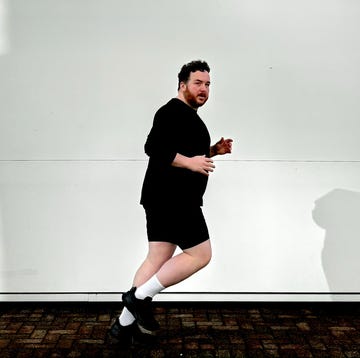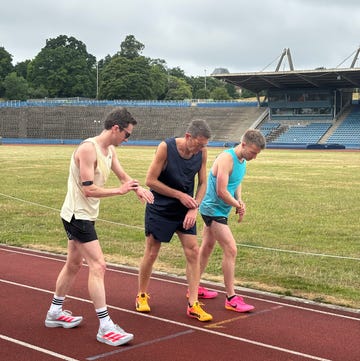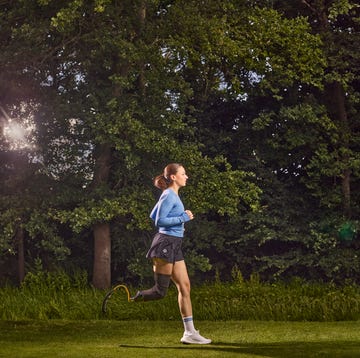Meet the London Marathon Ever Presents
There are 12 runners left in the Ever Presents club, the men who have run every London Marathon since the first race in 1981. RW met them as they prepared for their 36th outing.

We’ve come a long way since more than 7,000 runners took to the streets of the capital for the first London Marathon on 29th March 1981. Back then, there were no spectator barriers and supporters enthusiastically banged saucepans. Now, it’s a beast: more than 840,000 people applied to take part in the 2025 race, with more than 56,000 runners expected to take part later this month – a figure that would make it the biggest marathon ever.
Along the way, there have been some incredible milestones. In 2016, the millionth runner crossed the finish, while 2019 saw charity fundraising hit the £1 billion mark.
But as this finishers’ club swells, membership of another – the Ever Presents (EPs) – dwindles. Of the original 42 who formed the Ever Presents in 1996 to celebrate 15 London Marathon finishes in a row, just six are left. Nobody new can ever join. Members can only leave.
Over the years, some have run through all sorts of complaints and injuries, just to be on the start line. It means that much. Why no female EPs? Only 5% of runners in the 1981 were women, with none continuing the streak. How times change – this year, 49% of starters will be female.

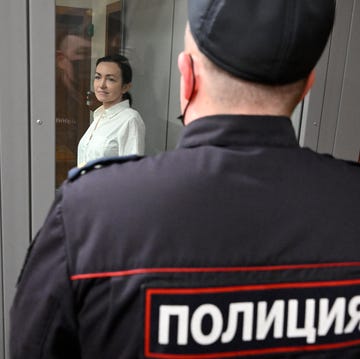
Alsu Kurmasheva: Behind Bars, running was freedom
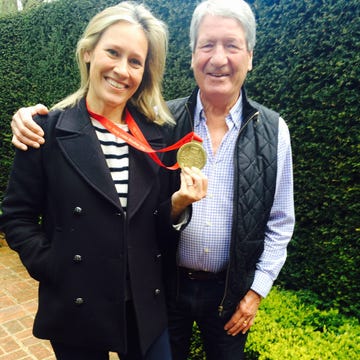
Why I pulled out of the London Marathon...again
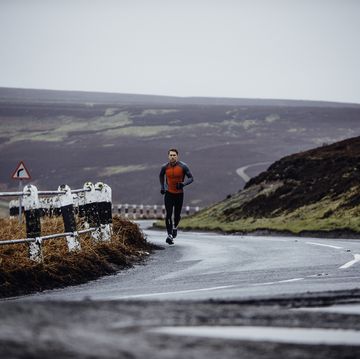
11 of the best hill training workouts for runners

Five-minute activities that bring maximum results







